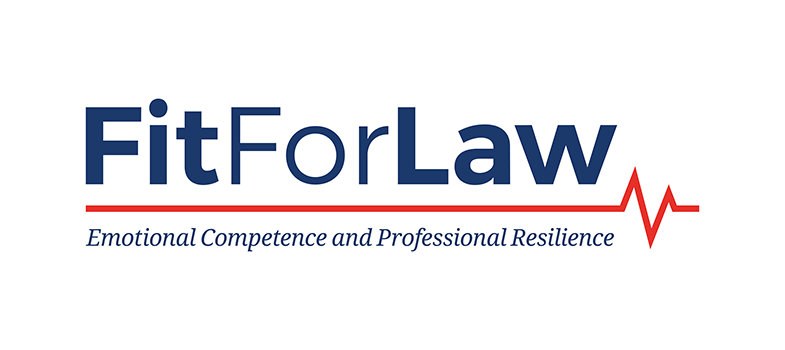2.3 Managing client expectations
The following video highlights the centrality of client expectations and their potential impacts on wellbeing, as well as giving useful tips on how to deal with unrealistic expectations.

Transcript: Video 6 Managing client expectations
Clients often have high and/or potentially unrealistic expectations of legal professionals. These can range from expecting an instant answer to emails to wanting firm assurances on the outcome of a claim. This means that an important part of being a legal professional is developing emotional competencies, including learning how to manage the client’s expectations, so they are as reasonable and achievable as possible.
Ways to manage these expectations include:
- Ask plenty of questions – The more information and insight you can obtain when you first speak to or meet the client, the more realistic you can be in the advice you give them and in managing their expectations.
- Be clear and transparent from the start – It can be tempting to over-promise to encourage a client to use your services, but this is more likely to lead to the client becoming disappointed or disillusioned further down the line.
- Over-explain rather than under-explain – It may feel as if you are repeating yourself, but regularly re-emphasising your advice and any limitations will ensure your client is consistently reminded about what expectations are realistic.
- Be proactive in providing your client with regular updates – Diarise regular dates to send a quick email or letter on progress. This may sound like extra work, but it will reassure your client that you are working on their case and may mean they feel the need to chase you less frequently.
- Be human – Legal professionals are not robots. If you cannot meet one day because you have childcare or family commitments, you can say that. Provided you explain clearly and offer a reasonable alternative, most clients will appreciate your honesty and relate to your situation.
- Be honest when things go wrong – If things have slipped or you have made a mistake, speak to your supervisor, a colleague or someone else and get their advice on how to explain this to your client. Do not try to cover it up, as this can lead to potentially disastrous consequences for everyone involved.
Emotional labour in law
